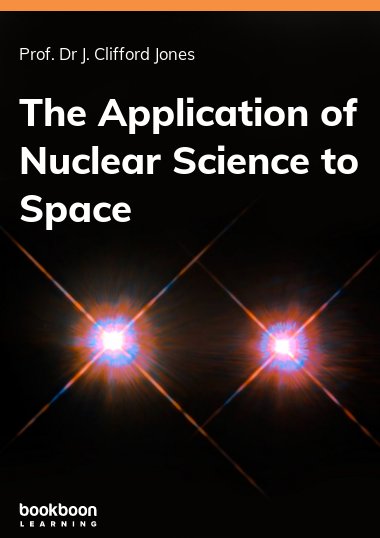Propulsion using nuclear substances - the nuclear thermal rocket and the nuclear electric rocket - are described with examples, as is electricity production by means of the radioisotope thermoelectric generator. ‘Gravity assist’ is explained. The nuclear salt water rocket features, as do the fission fragment rocket and the ‘nuclear light bulb’ spacecraft. The hypothetical fusion rocket is given coverage. A summary of the Mössbauer effect is given as background to a description of a Mössbauer spectrometer used in a Mars rover mission. An alpha particle X-ray spectrometer is similarly described. Close attention is paid to the nuclear chemistry, and the book contains numerous illustrations.
About the Author
Clifford Jones has spent a working lifetime in teaching, research and writing on fuels and combustion. He has held academic posts in the UK and Australia and has held visiting posts in a number of countries including Kazakhstan. He has written over 20 books and numerous papers and articles. He has major broadcasting experience.

